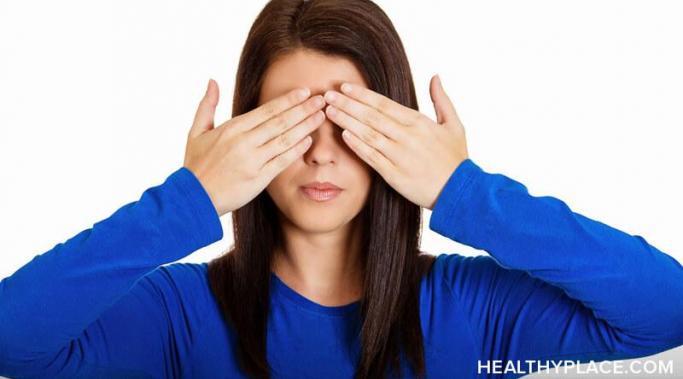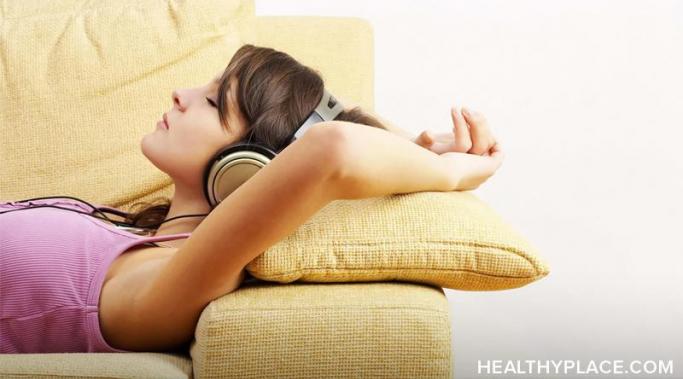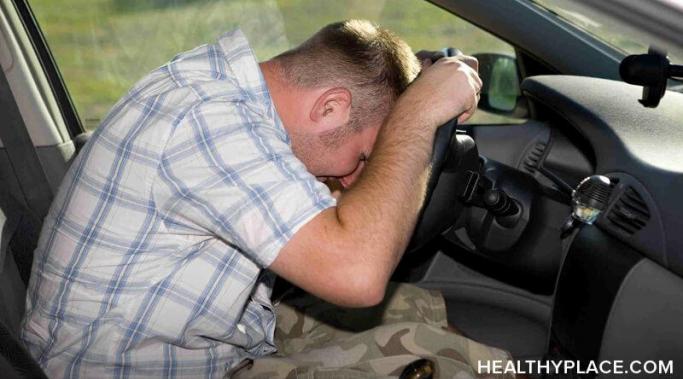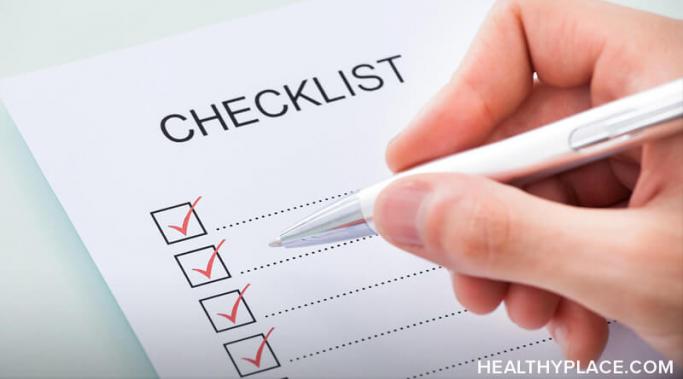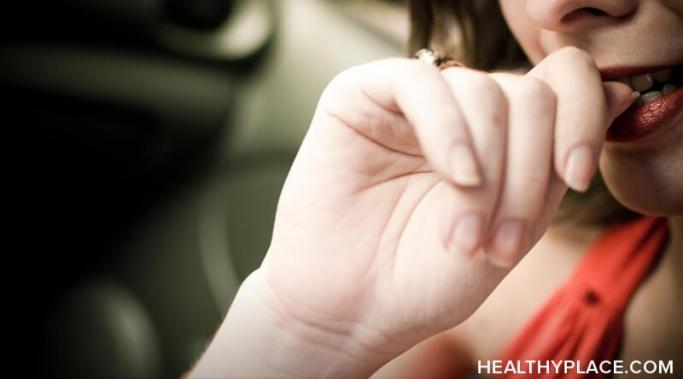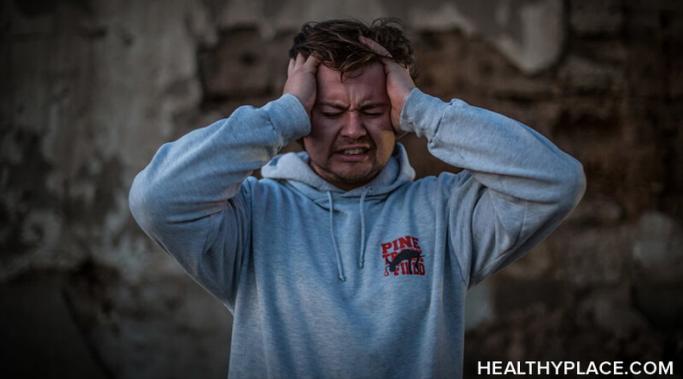Is it motherhood or mental illness that makes me so anxious about my child? My daughter is two and a half, and I'm learning that oftentimes toddlers can be more difficult to deal with than infants. She's very mobile and vocal, and I worry all the time. I know it's natural for parents to worry, but how much anxiety is normal? Just about any thought involving the future makes me nervous. I don't know if every mother feels the same, or if my mental illness intensifies my fears. Maybe you can help me decide if my fears are those of motherhood or mental illness.
Managing Anxiety
Pushing the limits of my mental health lets me live an ambitious life, but it comes with a cost. There's so much I want to do, but overloading my schedule sometimes means sacrificing my mental health. I don't mean having a full-on episode of my mental illness, but rather, dealing with breakthrough symptoms that sometimes occur when I'm feeling overwhelmed. I feel like I have to choose between living symptom-free or pursuing my ambitions, so I often find myself pushing the limits of my mental health.
Living with a mental illness leaves me with some painful and embarrassing memories I would rather not revisit. At the same time, they are a part of me I can’t escape. I want my daughter to know about all the twists and turns in my life that brought to where I am today as her mother, so I'll have to tell her some of my embarrassing memories in the future.
In the past few years, I've developed a crippling fear of driving, way beyond driving anxiety. People who know me now find it hard to believe that I used to drive every day in Los Angeles traffic. When I was younger, I was fearless. In my early 20s, I lived in Los Angeles, which now feels like a different planet compared to my present-day home in Toledo. I never had a fear of driving when I was younger and I'm hoping that my motivations to succeed in business will continue to help me overcome this specific phobia.
Getting organized is one of the best coping techniques I use to ease my anxiety. I was diagnosed with schizoaffective disorder in my early 20s, and I also struggle with anxiety. Anxiety can be crippling sometimes – to the point that I don’t want to leave the house and I avoid activities. I certainly don’t have a solution, but I’ve found one simple trick that relaxes me a bit – getting organized eases anxiety.
I have been struggling for a while, but asking for help with my anxiety hasn't really been important to me. But when I look back at my life and the things that I’ve done, I notice my anxiety symptoms become progressively worse year after year. My husband has been encouraging me to ask for help for the anxiety, and I finally brought it up to my therapist and psychiatrist.
Is it an anxiety attack or an asthma attack? This is a question that those of us with both frequently ask when we feel short of breath, have chest pain, and are light-headed (Panic Attack Symptoms: Warning Signs of Panic Attacks). If you are in doubt you should call 911 or whatever your emergency number is, but there are some ways to tell if it is an asthma attack or an anxiety attack.
Do you know there are herbal remedies for anxiety? I have an extremely annoying neighbor. He was up all night laughing last night, which means I didn't get any sleep. This has been going on for weeks. Talking to him hasn't done any good. My anger and annoyance, fueled by sleep deprivation, are rapidly approaching homicidal ideation. Fortunately, there are three herbal remedies I know that help ease the raging anxiety.
Noise sensitivity can be likened to nails on a blackboard. The constant buzz and whir of music, technology, the buzzing of Facebook notifications, ringing phones and loud conversations can be overwhelming. This sensitivity to noise is known as hyperacusis, a condition that arises from a problem in the way the brain processes noise.


